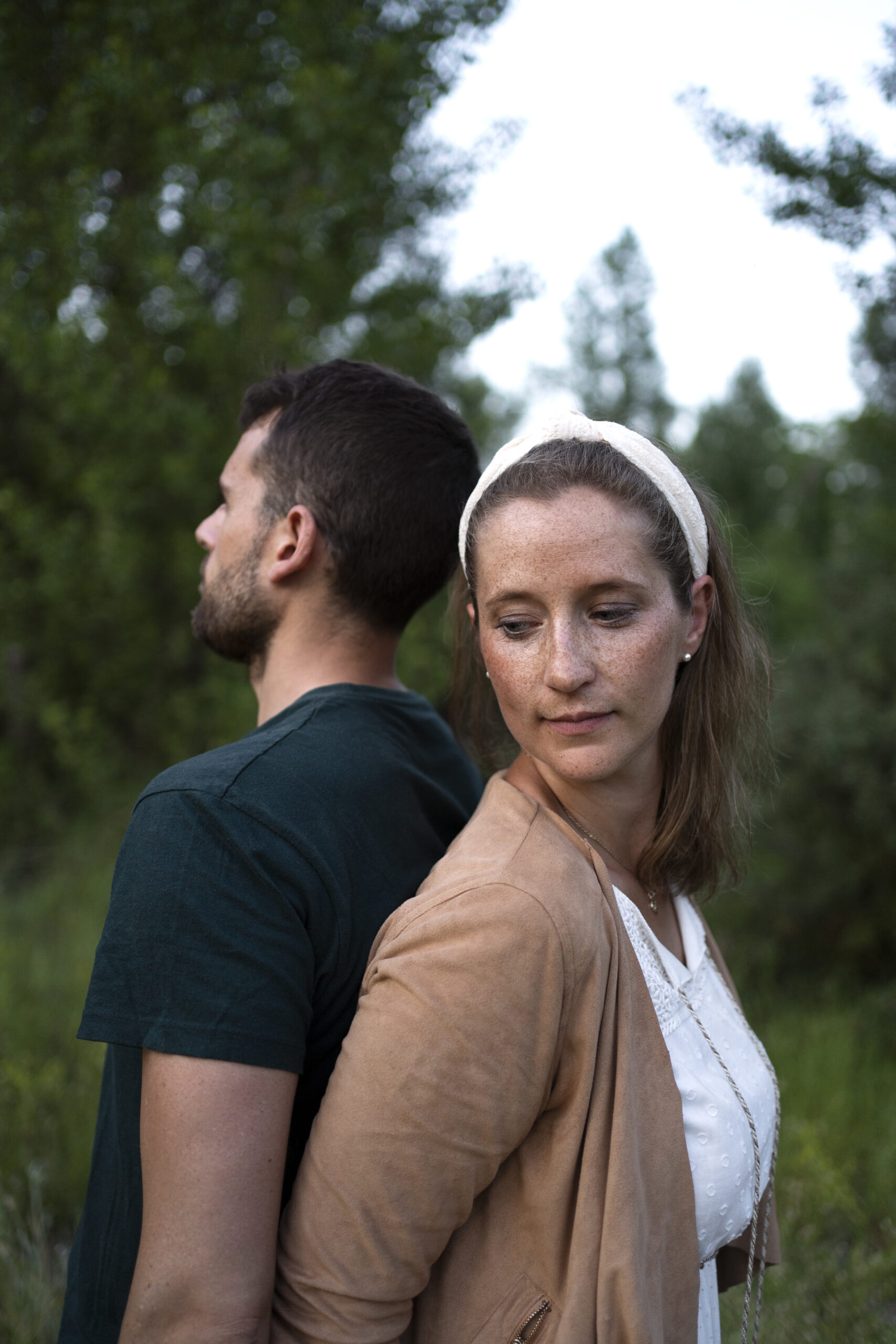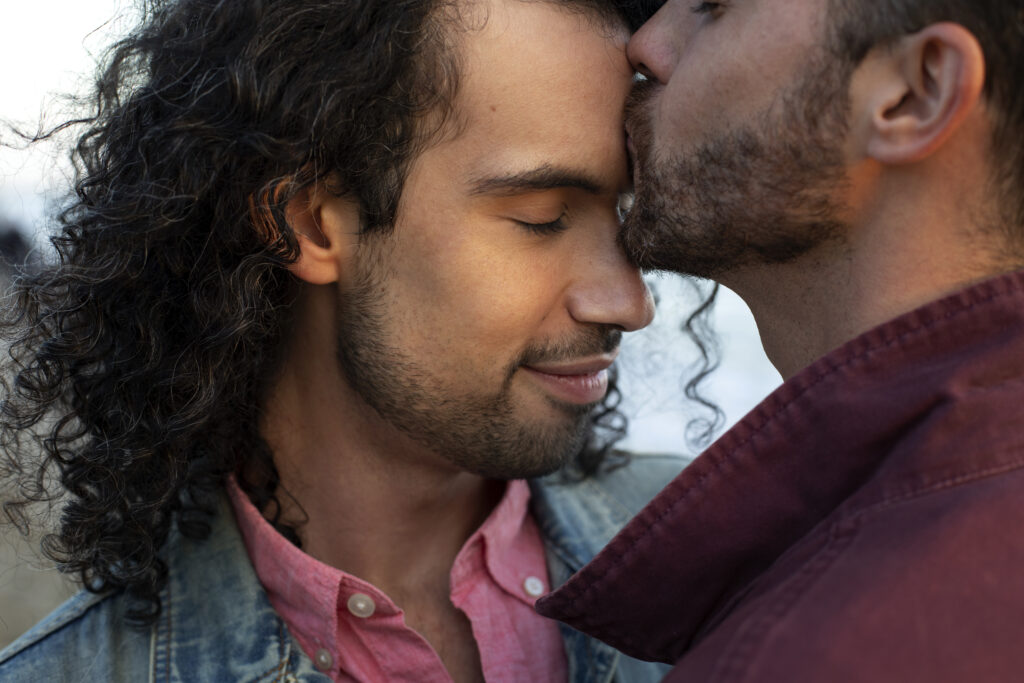
How anxiety affects romantic relationships
and Anxiety in romantic relationships can be one of life’s greatest challenges, even though they are often a source of joy. Anxiety can show up at any stage of a relationship, affecting how we think and feel.
For many people, just thinking about being in a relationship can cause stress. In the early stages, worries might pop up, such as:
“Is this relationship serious and going to last?”
Sadly, these concerns often get worse over time. As the bond grows stronger, anxiety can increase. These worries may make you feel lonely, creating a gap between you and your partner. If anxiety gets too strong, it might even make you want to give up on love completely.
What Causes Anxiety in Romantic Relationships?
Falling in love can be hard because it brings surprises and things you can’t control. The more you care about someone, the more afraid you might be of losing them or getting hurt. Strangely, this fear often happens when you’re finally experiencing the love you always wanted.
When you’re in a relationship, it’s not just what happens between you and your partner that makes you anxious. It’s also what you think and feel about what’s happening. Your inner critical voice adds to your fear with thoughts like:
“You’re too unattractive/boring to keep someone interested.”
“You’ll never find anyone, so why bother trying?”
“You can’t trust anyone.”
“They don’t really love you.”
“Leave before you get hurt.”
This inner voice can create tension between you and your loved one. It lowers your confidence, builds mistrust, and makes you act defensive, jealous, or overly worried. Instead of enjoying your relationship, you spend time stressing about it, which can create the distance you’re afraid of.
Insights from Attachment Theory
Attachment theory, created by John Bowlby, explains that the way we connect with people as adults comes from how we bonded with caregivers when we were young. If your caregivers were unreliable or distant, you might fear abandonment or find it hard to trust others. These patterns often follow us into adult relationships, leading to anxiety, clinginess, or avoiding closeness.
How Core Beliefs in CBT Affect Relationship Anxiety
Cognitive Behavioural Therapy (CBT) talks about core beliefs—deep ideas we have about ourselves, others, and the world. If you believe things like “I’m unlovable” or “People will always hurt me,” you might see even small issues in your relationship as proof that your fears are real. These beliefs create negative thoughts that make anxiety worse and make it hard to feel secure with your partner.
How Can I Overcome Anxiety in Romantic Relationships?
To deal with relationship anxiety, it’s important to focus on yourself and how you think:
1. Take a Close Look at Your Relationship
Think honestly about your relationship. Is it adding to your insecurities and worries? If you are in an unhealthy or abusive relationship, this might be why you feel so anxious. Friends and family can often give valuable feedback to help you see the situation clearly.
On the other hand, you might find that your relationship is actually healthy, and the real problem is how you think and feel about yourself.
2. Avoid Seeking Reassurance
It’s important to keep your independence and sense of self. If you rely too much on your partner to feel okay, it can make you feel even more anxious and unsure over time.
From a CBT perspective, seeking reassurance might help calm you for a little while, but it can make your anxiety worse in the long run. When you ask your partner things like, “Do you still love me?” or “Are we okay?” you might feel better for a moment, but this habit keeps your fears alive. It also makes you depend on your partner to feel secure.
Instead, try to trust yourself. Your feelings are your own, and you can handle them without needing constant approval from others.
3. Stay Busy and Shift Your Focus
When your relationship becomes the only thing you focus on, it’s easy to lose balance in your life. You may start to feel overwhelmed, as everything revolves around your partner. Shifting your attention to other aspects of your life can help you feel more grounded and reduce anxiety. It’s important to remember that a healthy relationship is built on both partners having their own lives too.
Getting involved in activities, hobbies, or exercise gives you something else to focus on besides your relationship. At first, it might feel like you’re just keeping yourself busy, but over time, these things can help you create a more fulfilling and balanced life. When you engage in activities that make you happy, you not only improve your well-being but also bring a refreshed, positive energy back into your relationship.
By taking care of yourself, nurturing your interests, and giving yourself time to recharge, you’ll feel better emotionally and mentally. This self-care allows you to show up as the best version of yourself, leading to a stronger and more positive connection with your partner. Remember, a balanced life outside the relationship helps you maintain a healthy bond with your loved one.
4. Let Go of Control
5. Challenge Negative Thoughts
The real problem isn’t always your partner or relationship but the negative thoughts that play in your mind. These thoughts often distort how you see things and push you toward actions that hurt you or your relationship.
Notice the thoughts that feed your anxiety and ask yourself if they’re really true. Replace them with kinder, more encouraging ones. This process can help you feel safer and less worried about your relationship.
Instead of criticising yourself, try to be kind. Think about how you’d comfort a friend feeling the way you do—and treat yourself the same way.
Do you notice thoughts and feelings that are stopping you from enjoying your relationship? If you relate to this topic and feel it’s something you’re struggling with, therapy can provide a deeper understanding and tools to help you feel more secure. Click here to schedule an appointment and start working toward healthier, happier relationships.
Silvana Byrne

Hi! I’m a psychologist and the founder of Intercultural Psychology in Dublin, specializing in psychotherapy and CBT. I work with individuals from diverse cultural backgrounds and neurodiverse clients, helping them navigate life’s challenges, adjust to new environments, and grow along the way. I hope this blog encourages you to embrace your journey and inspires positive change in your life :).

